Green Gold在云南孟连,牛油果农场正在改变当地人的生活
2024-09-30

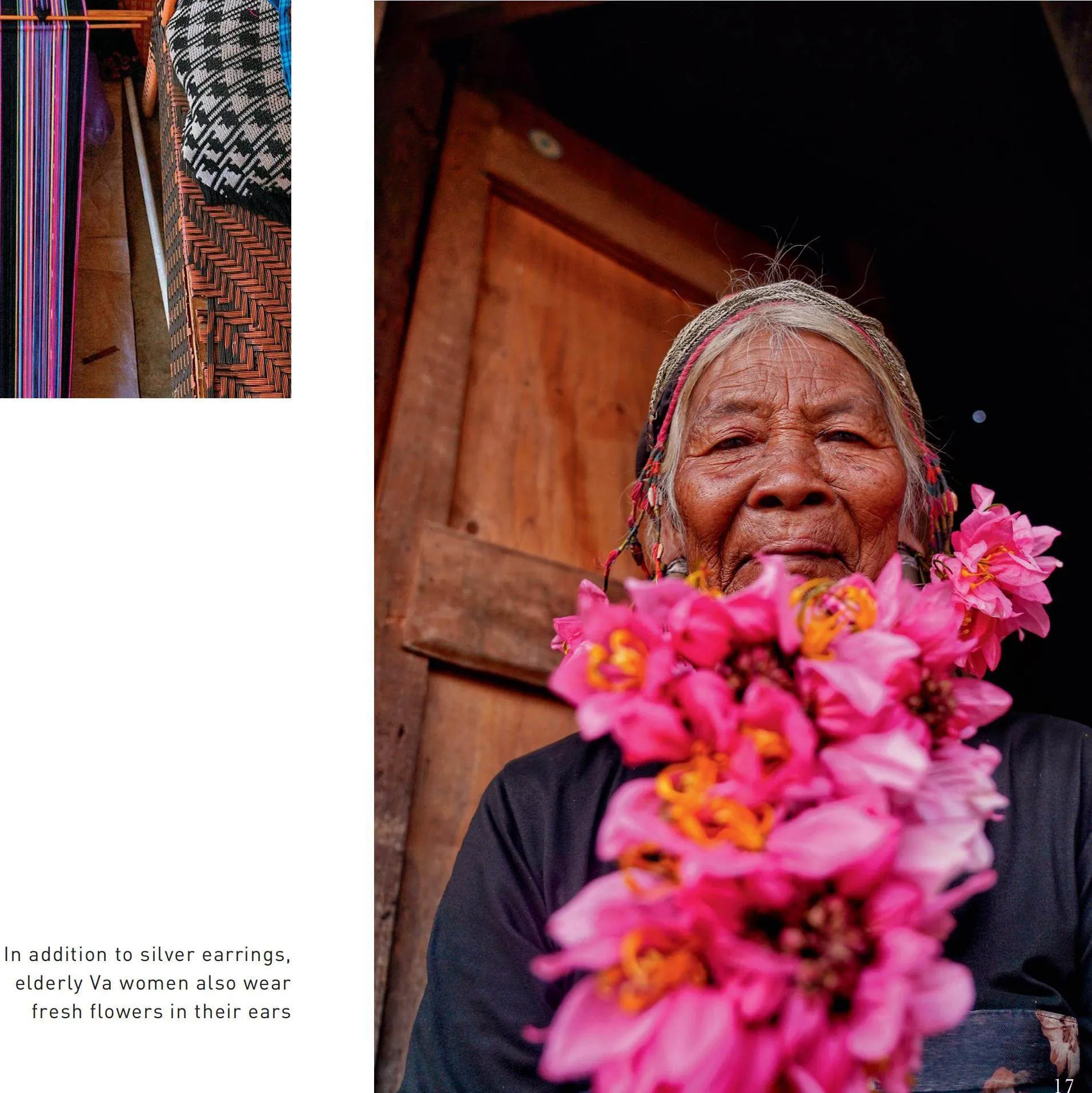
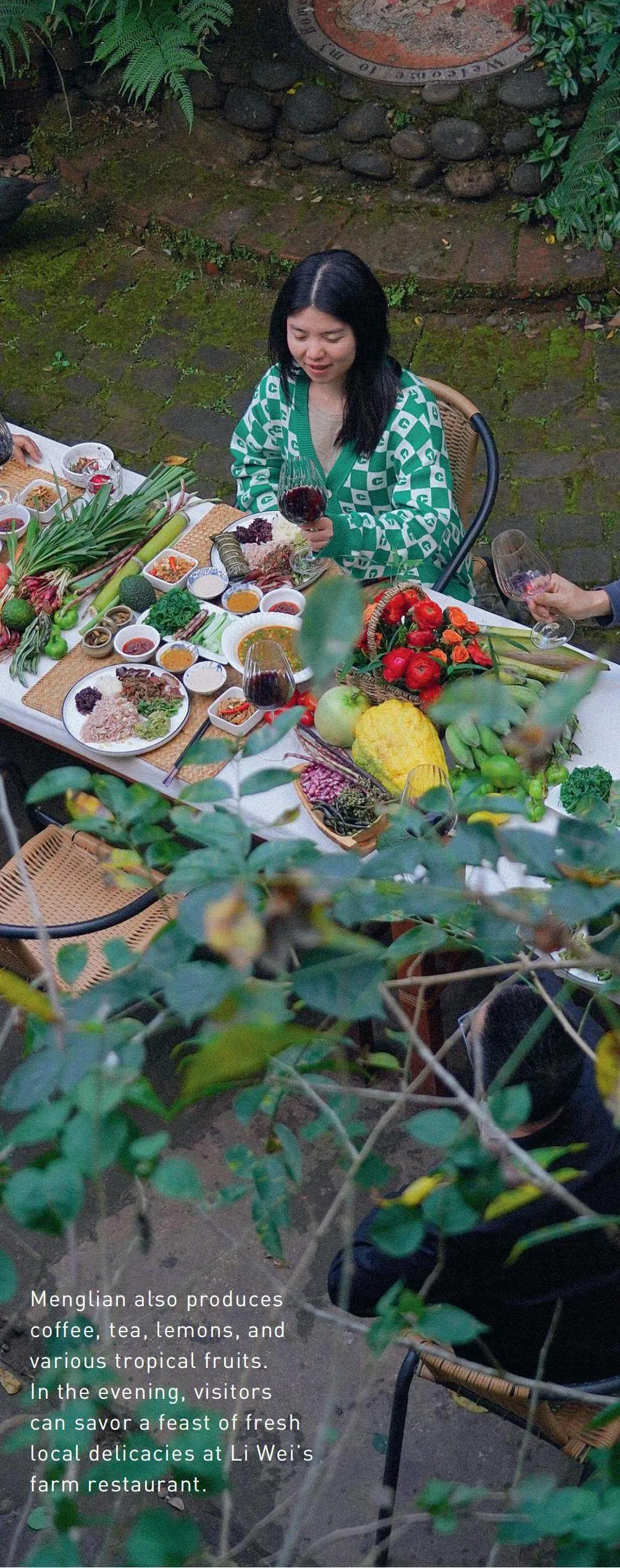
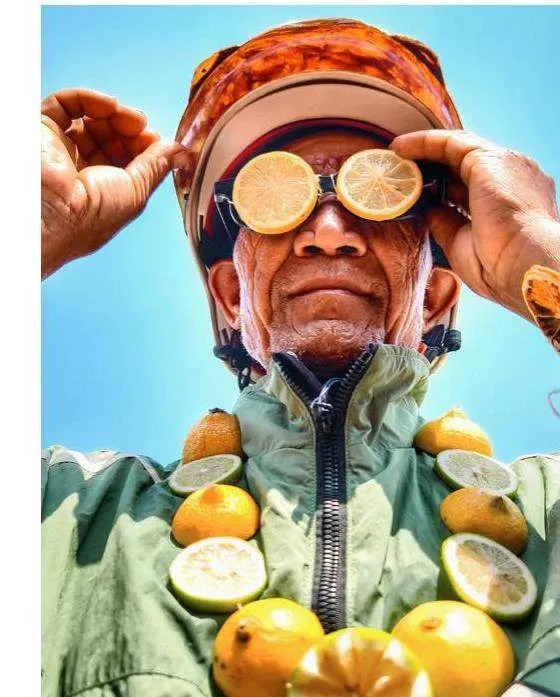
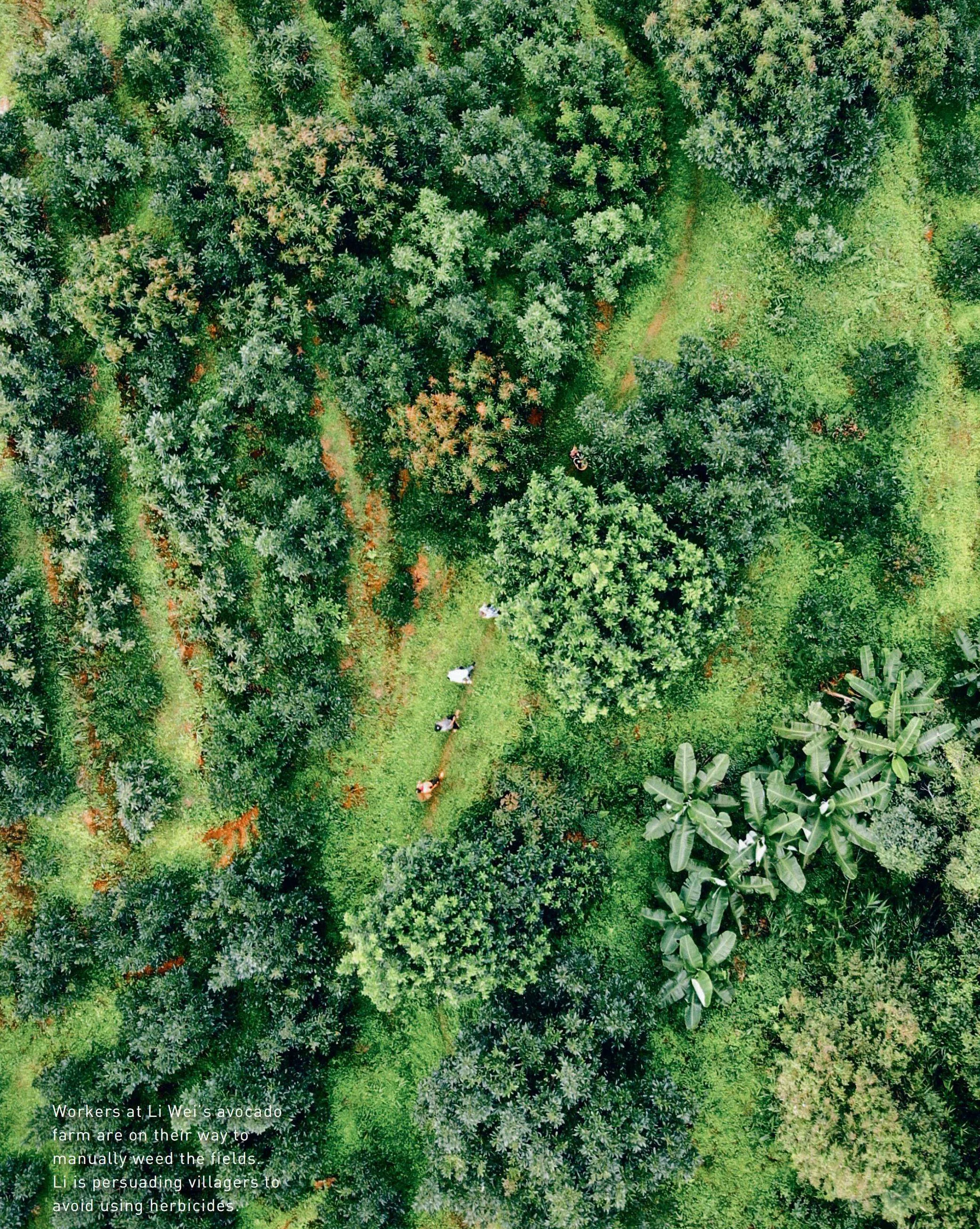
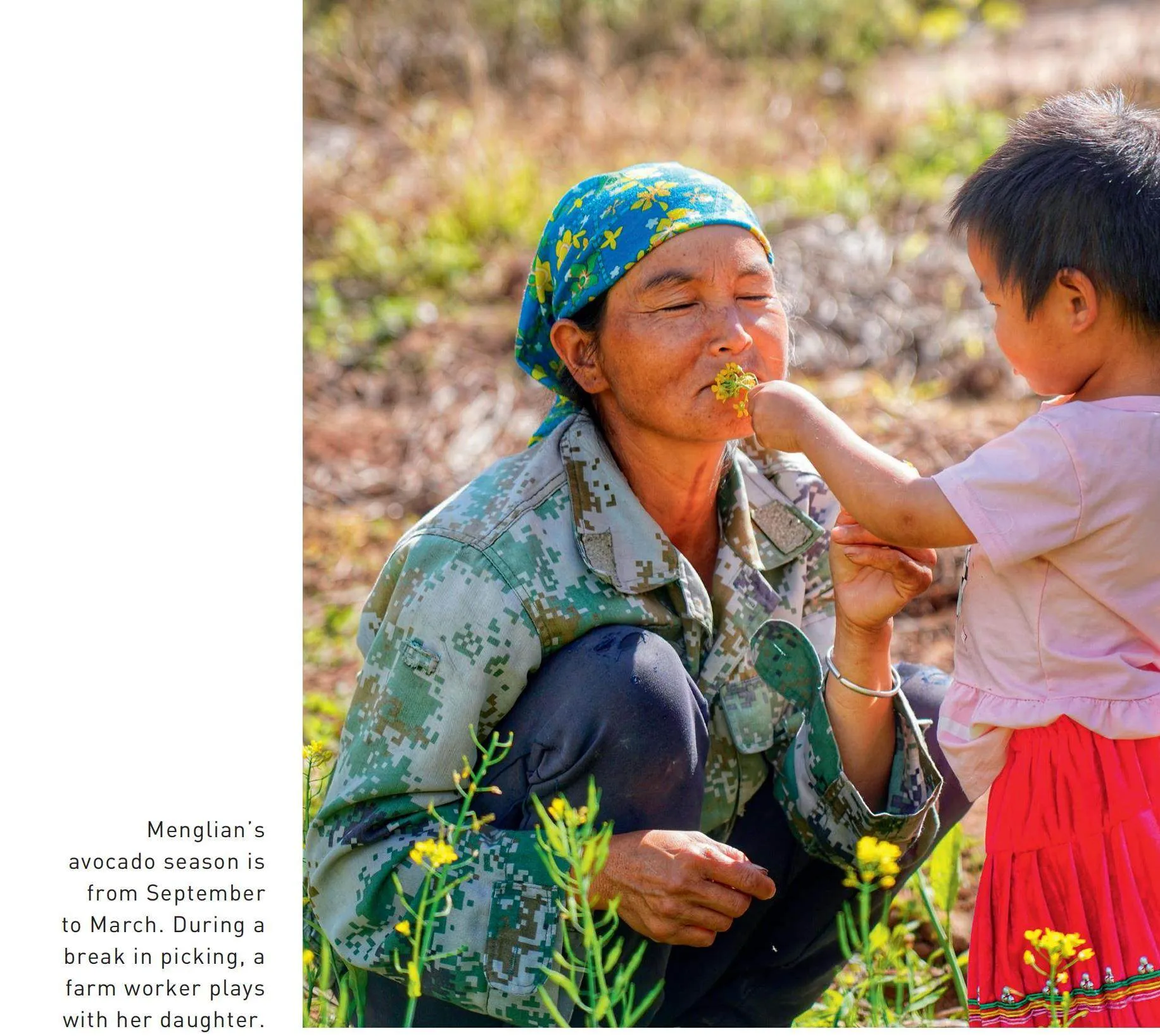
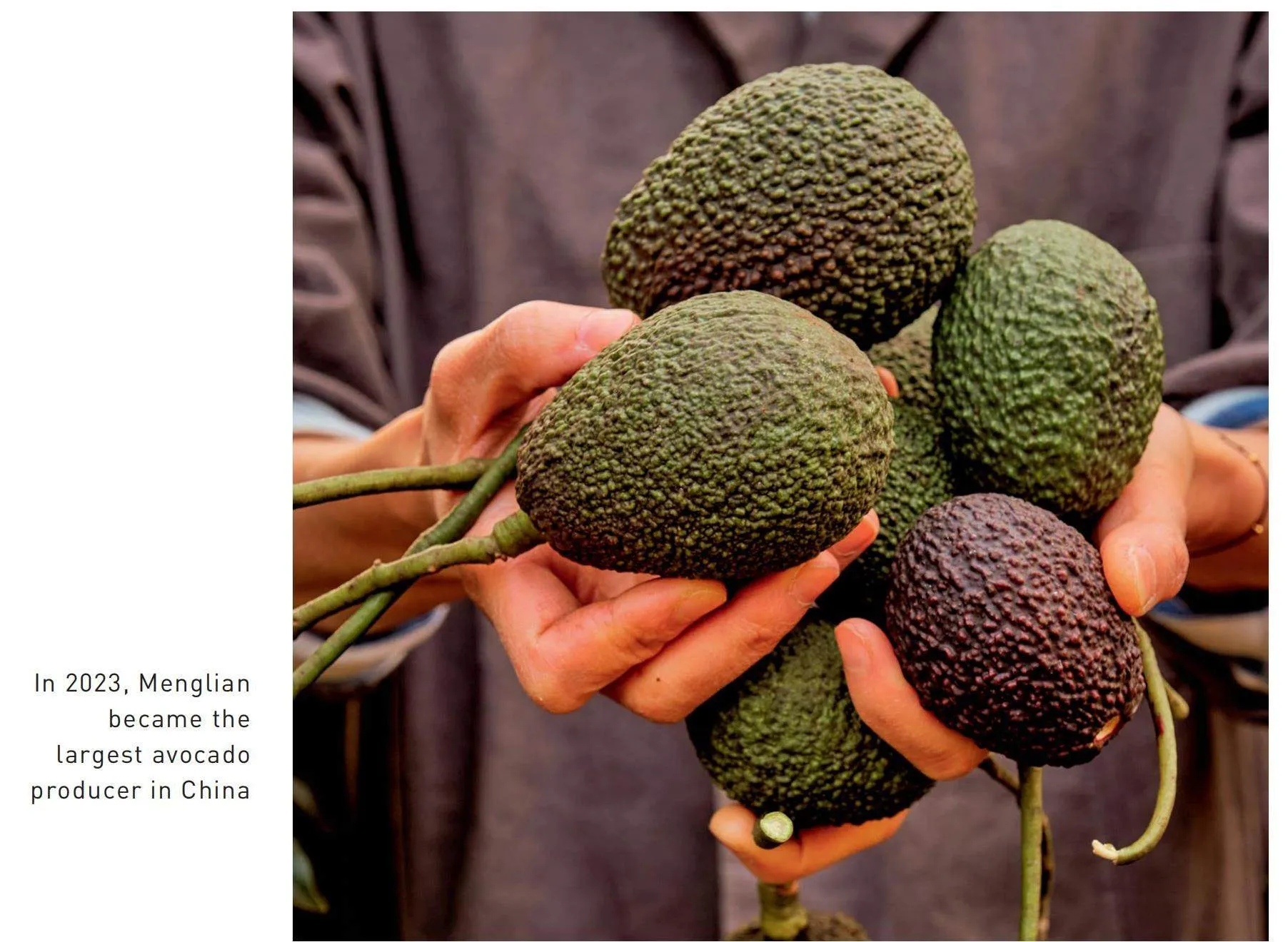
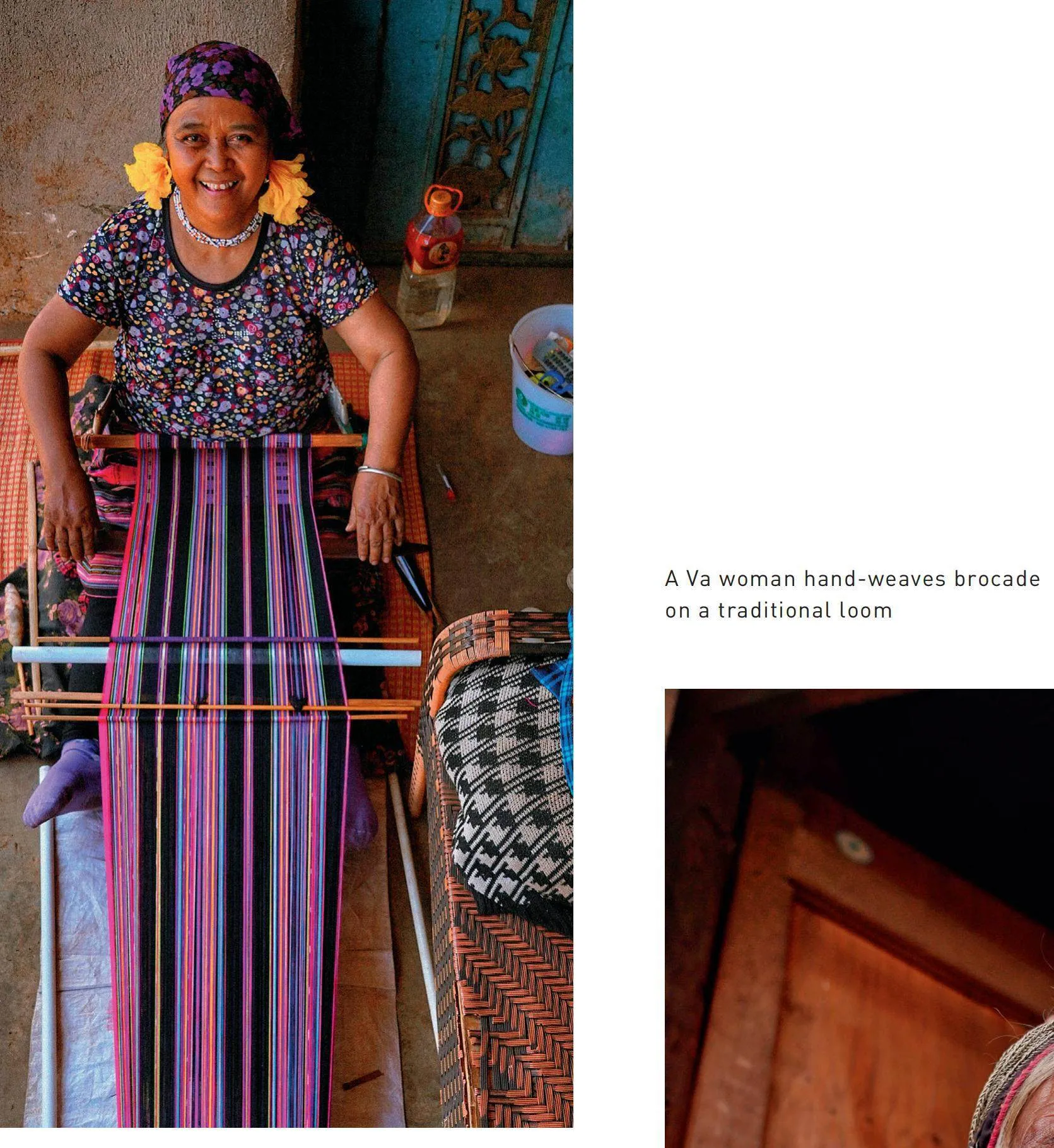
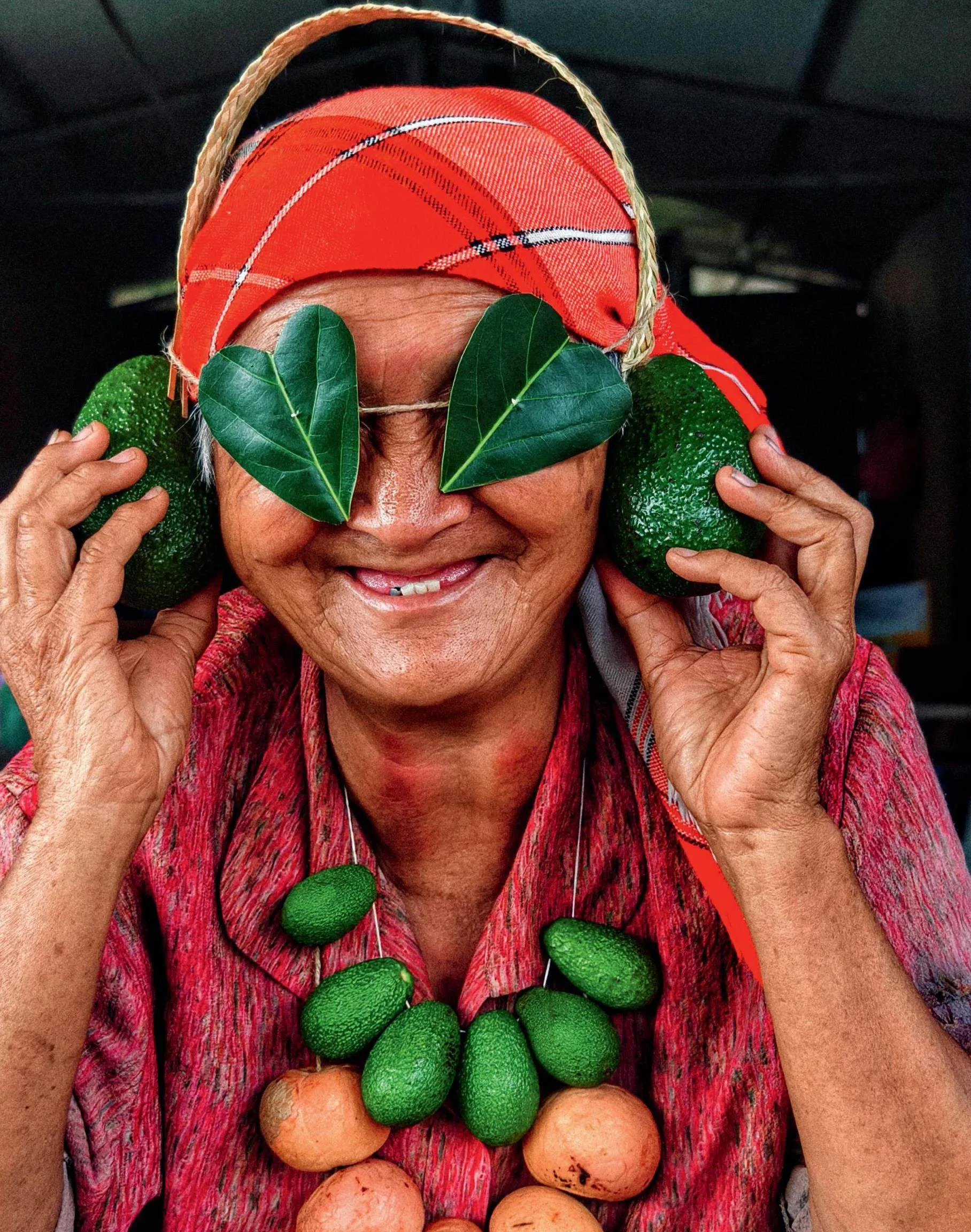
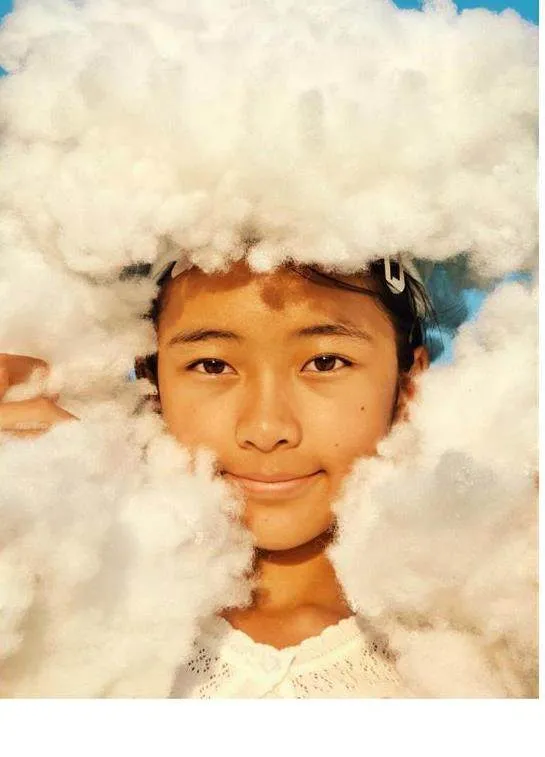
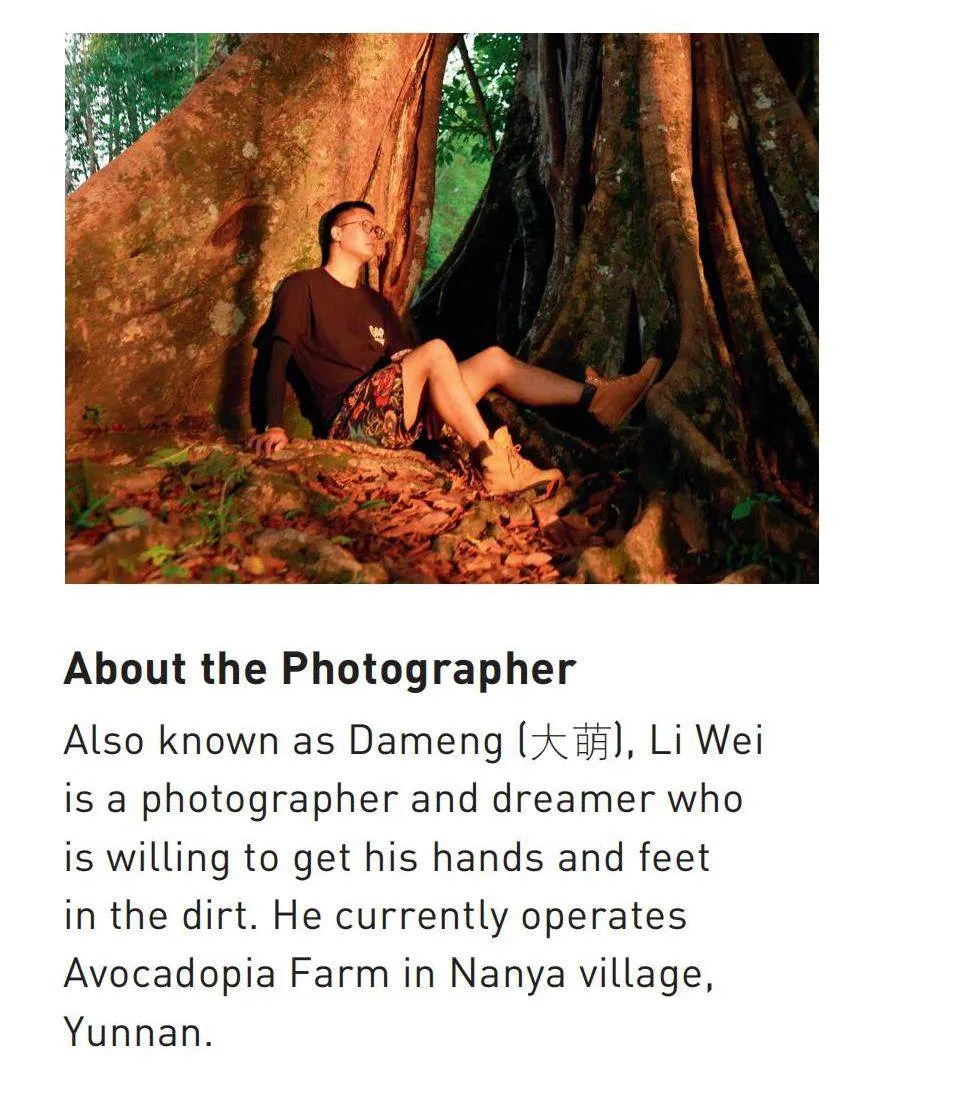
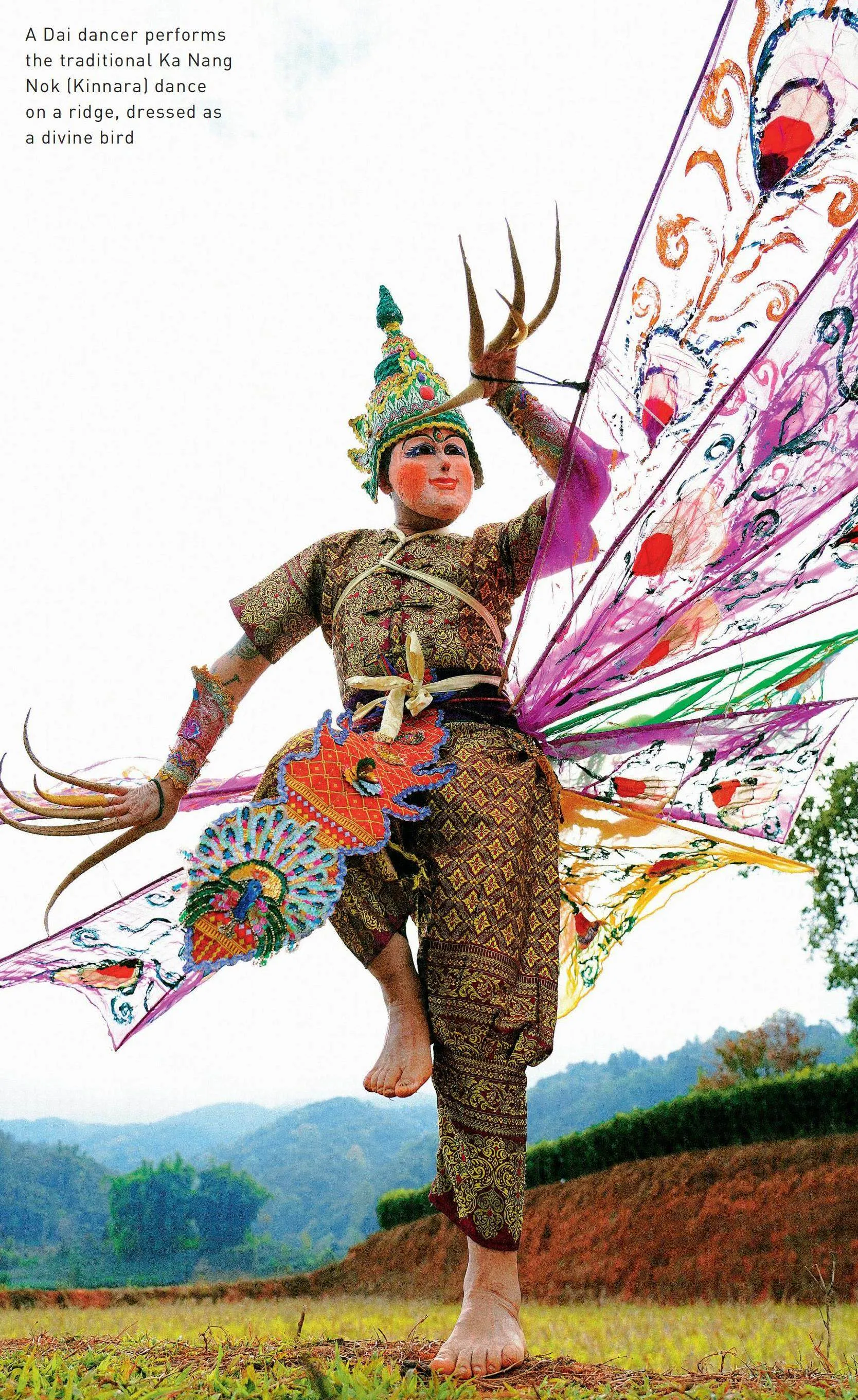
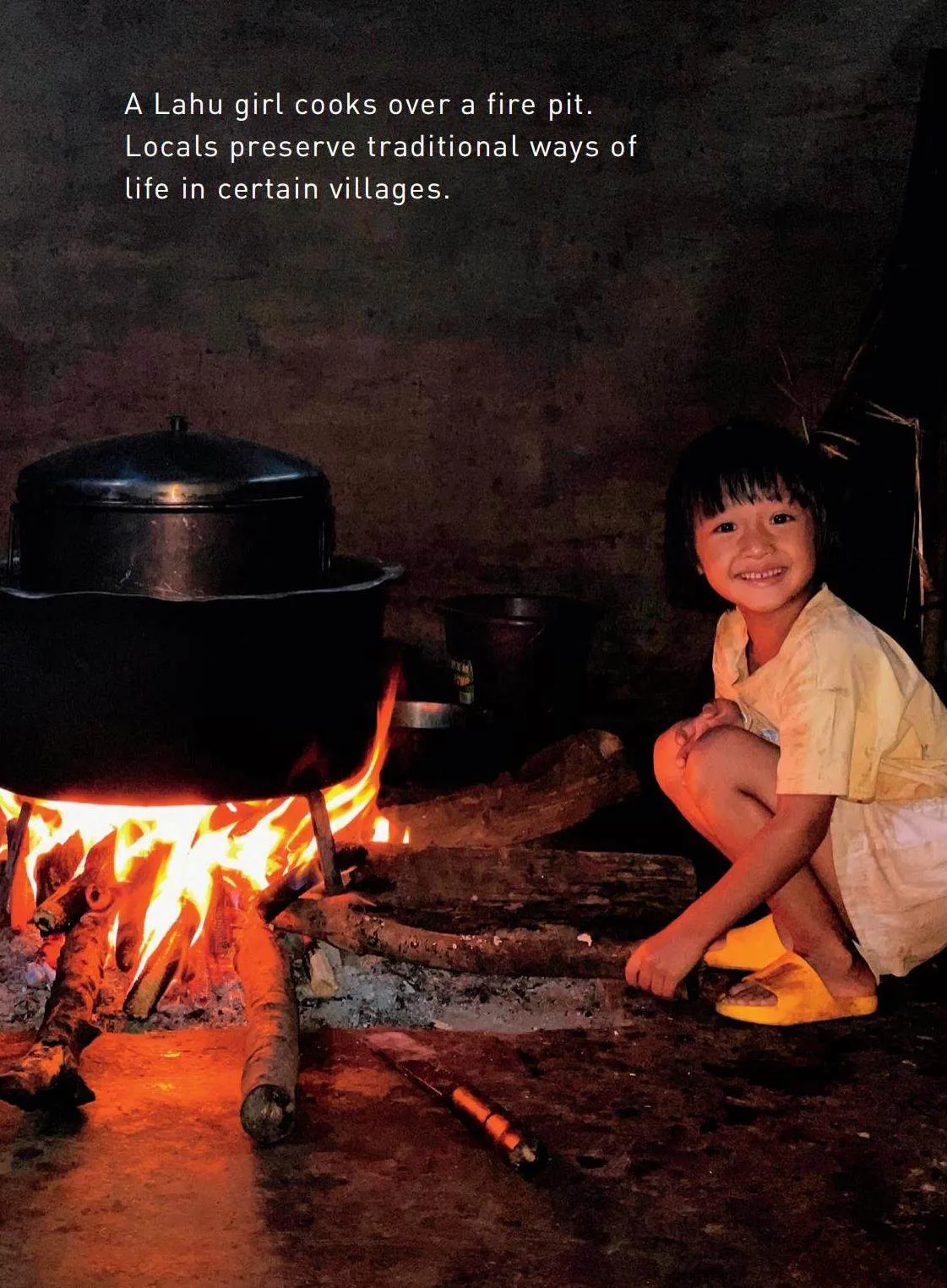
Text by Li Wei (李伟), Hayley Zhao, and Jiayu Zhang (张佳羽)
Photography by Li Wei
Photographer Li Wei, better known as Dameng, captures how avocado farming transformed ethnic communities in a small southwestern village
Three years ago, when Li Wei returned to his hometown, Menglian, he was pleasantly surprised by avocado trees blanketing the surrounding mountains. Bordering Myanmar, Menglian is an autonomous region for the Dai, Lahu, and Va ethnic groups that once relied primarily on tea planting and tourism. Now, it makes up nearly 80 percent of China’s domestic avocado production.
Menglian, which means “a great place to find” in the Dai dialect, offers an ideal climate for avocado farming—a relatively new industry in China—with its warm temperatures and abundant rainfall. The very first batch of avocado trees was planted in 2007, but it took local farmers 10 years to produce a reliable harvest, as they lacked experience.
As a photographer of the Hani ethnic group, Li has long aspired to capture the culture and development of his hometown. In 2020, he founded an avocado farm in Nanya village. Li’s farm has grown from 23 (3.8 acres) to over 300 (49 acres), supplying avocados to cities like Beijing and Shanghai.
The people of Nanya village, primarily belonging to the Va and Lahu ethnic groups, revere their land. “This deep bond with nature inspired [our farm] to adopt a sustainable development model that respects both land and nature while contributing to community welfare,” Li tells TWOC.
While it remains to be seen how avocados will affect the local environment, its economic impact is already evident: According to state media Science and Technology Daily, the industry has created more than 3,000 local jobs annually, with an average pay that exceeds typical rural salaries.
As Li spends more time with the farmers, he is deeply moved by their vibrant personalities. Each person has their own dreams—some wish to buy glasses for their children, while others aspire to start livestreaming—and avocado farming is helping them achieve all that. “I felt compelled to capture the essence of these remarkable individuals and their rich yet endangered ethnic culture,” he tells TWOC. “I believe [my photos] will play a crucial role in supporting the village’s economic development.”
About the Photographer
Also known as Dameng (大萌), Li Wei is a photographer and dreamer who is willing to get his hands and feet in the dirt. He currently operates Avocadopia Farm in Nanya village, Yunnan.
Workers at Li Wei’s avocado farm are on their way to manually weed the fields. Li is persuading villagers to avoid using herbicides.
Menglian’s avocado season is from September to March. During a break in picking, a farm worker plays with her daughter.
In 2023, Menglian became the largest avocado producer in China
A Dai dancer performs the traditional Ka Nang Nok (Kinnara) dance on a ridge, dressed as a divine bird
A Va woman hand-weaves brocade on a traditional loom
In addition to silver earrings, elderly Va women also wear fresh flowers in their ears
A Lahu girl cooks over a fire pit. Locals preserve traditional ways of life in certain villages.
Menglian also produces coffee, tea, lemons, and various tropical fruits. In the evening, visitors can savor a feast of fresh local delicacies at Li Wei’s farm restaurant.
A boy of the Blang ethnic group plays in his family’s rice field, with the beautiful Jingmai Mountain behind him
